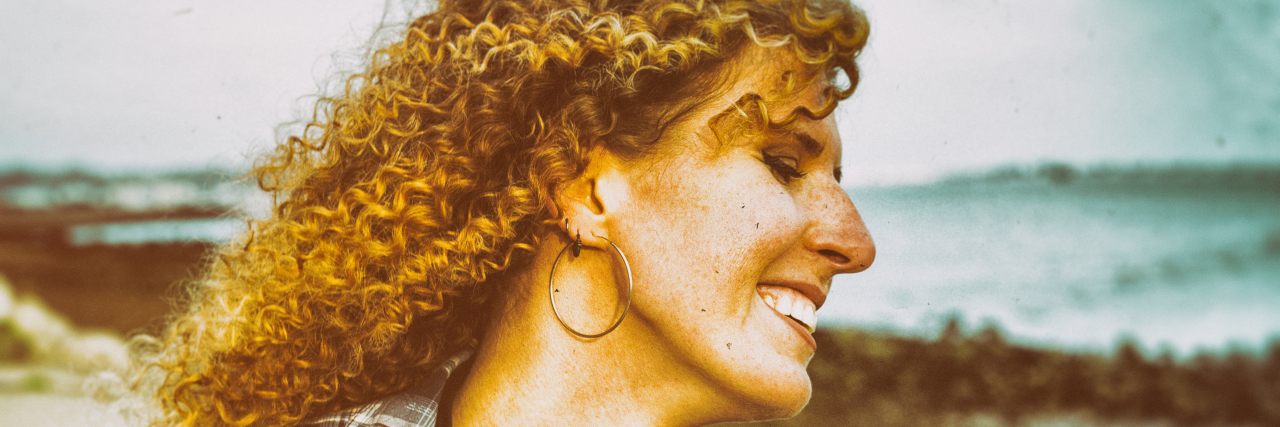Almost two years ago, at age 31, I was diagnosed with autism. The first year was a struggle for acceptance. However, lately, I’ve been on a journey of radically accepting my most authentic self. Being authentically autistic can look different for every autistic. For me, being authentically autistic looks like being more comfortable in unmasking my autism, enjoying my special interests, stimming, not hiding my diagnosis, and helping others understand how autism affects me.
Growing up, I learned to mask and mimic my way through life. The constant masking and mimicking took a toll on me. I had frequent meltdowns and shutdowns. Since my diagnosis, I have been working on unmasking. It has been a long process. Sometimes I unconsciously fall into masking, especially in unfamiliar circumstances. As I think about being authentically autistic, I want to continually check in with myself and ask myself questions like, am I forcing myself to make eye contact right now? If I am, then I try to remind myself that if I’m feeling uncomfortable, I don’t have to make eye contact. What is my goal in putting myself in a social situation? If I’m doing it just because I feel like I socially have to and it’s causing strain on me, I need to reassess and if possible remove myself from the situation.
I’ve been spending my time engrossed with my special interests. My special interests are what keep me alive. When I’m not able to enjoy my special interests, I get depressed. I used to feel ashamed when I would go into monologues about my special interests. Now I’ve realized that if the people around me have a problem, then they really aren’t worth being around. I hope to set at least an hour or more during the workweek to enjoy my special interests. During vacations and weekends, I try to dedicate a day to doing what I love the most.
I’ve been trying to not hide or repress my stims since my diagnosis. Stimming is a way that I regulate my emotions and the excess energy inside me. My stims have changed over the years, usually because someone would point out that I was moving my lips back and forth or making weird sounds. I have recently bought stim toys as well as wearable stim things to help me stop suppressing my stims. I always wear a bracelet that I am constantly stimming with. The bracelet helps me stim covertly if I’m in a place where I don’t quite feel comfortable stimming. I hope to make more time for stim dancing. Stim dancing is something that brings me joy. I love just dancing and feeling the music and not caring what I look like.
I had trouble speaking about my autism for a while. I was scared of how friends and family would treat me with this new knowledge. I realized that if I wanted to work towards my goal of being my authentic autistic self, I would need to speak out about my diagnosis and what it meant to me. I used to keep my writings and Instagram that spoke about my autism away from people who knew me in real life. I recently have started inviting my friends and family to my advocacy pages in hope that it would give them insight into what it’s like being me. I still have trouble when I hear misinformation about autism from someone who isn’t autistic. I usually keep quiet and then write about it later. My goal is to be able to confidently speak about my knowledge as someone who is autistic.
Becoming “authentically autistic” has helped me accept my autism. I know that it takes time to unmask after so many years of trying to hide who I am, but I look forward to seeing how I grow into the person I truly am.
What helps you feel like you are accepting your autism diagnosis? Do you have any goals that will help you become the “authentically autistic” person you are?
Getty image by Okraysuk.

